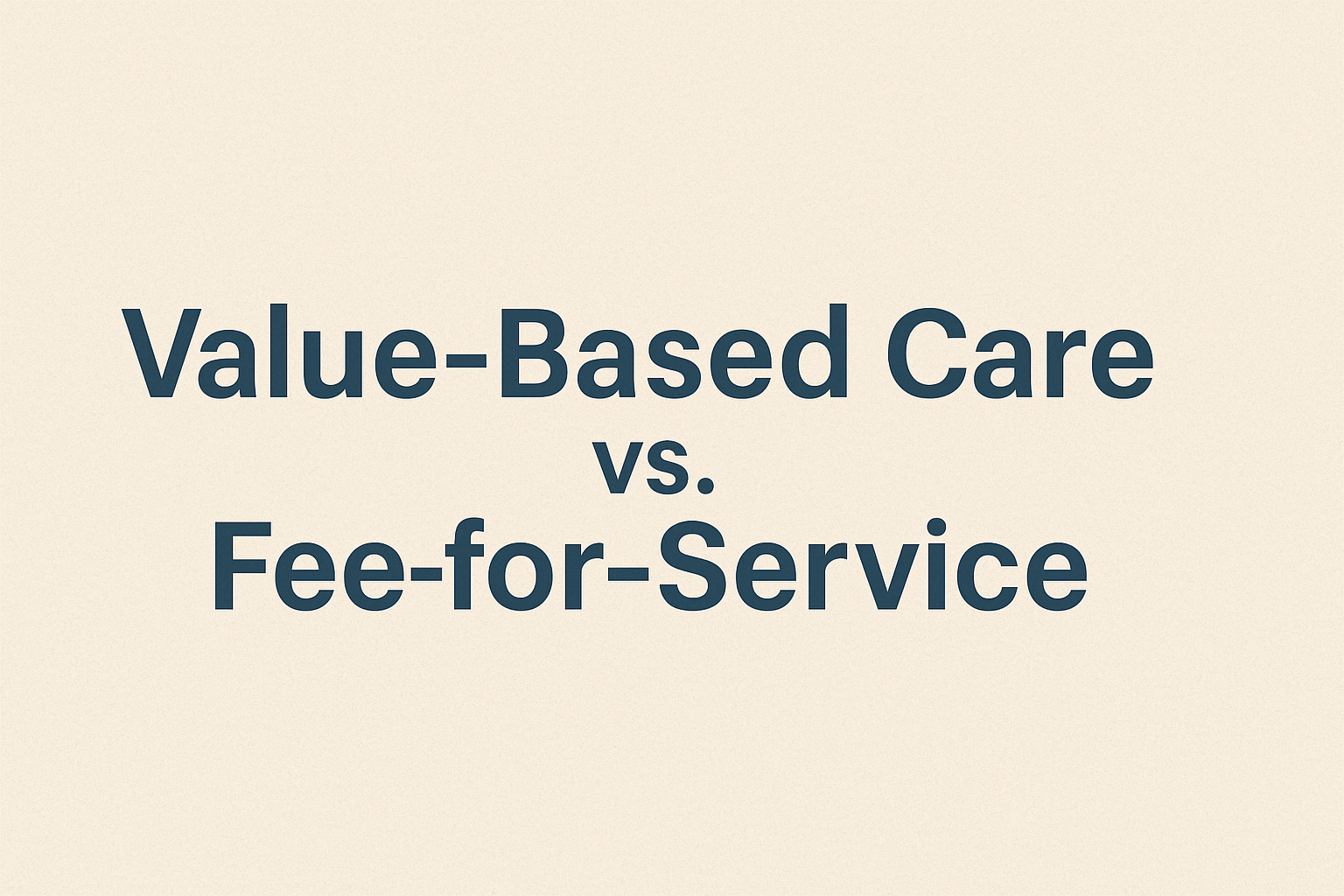Chronic stress, a widespread issue in today’s fast-paced society, can significantly impact one’s mental and physical health if not addressed properly. Learning to manage stress is vital for maintaining overall wellness. Here are some effective strategies that can help to overcome chronic stress.
Eliminate the Root of the Stress
Identifying and addressing the root cause of stress is a critical first step. This could be work-related pressures, financial worries, relationship troubles, or health concerns, to name a few. Once identified, practical steps can be taken to address these issues. Perhaps it involves delegating some tasks at work, seeking financial advice, engaging in open communication with loved ones, or adopting healthier lifestyle habits. While it might not always be possible to entirely eliminate the stressor, taking proactive measures can significantly reduce its impact on your life.
Find Healthy Coping Mechanisms
Finding healthy ways to cope with stress is essential. This could involve physical activities like yoga or jogging, which are known to release endorphins, the body’s natural mood elevators. Mindfulness and meditation can also be extremely beneficial, helping to cultivate a calm mind and a positive outlook. Making time for hobbies and interests can offer an excellent distraction from stressors while maintaining a balanced diet and getting adequate sleep can bolster the body’s resilience to stress. Visiting a spa can be a small way to treat yourself during a stressful time, offering a peaceful environment that encourages relaxation and self-care.
See a Doctor for Treatment
If stress starts to interfere with your ability to function normally in your daily life, it may be time to seek professional help. Chronic stress can lead to a variety of health problems, including heart disease, high blood pressure, diabetes, and other serious conditions. A healthcare provider can help determine if your stress is a symptom of an underlying health condition that needs treatment. They can also provide resources and referrals to mental health professionals, such as psychologists or psychiatrists, who are equipped to offer therapeutic techniques like cognitive-behavioral therapy. Additionally, medication may be an option for some individuals.
It’s important to monitor your stress levels regularly and recognize when they are becoming unmanageable. Stress is a normal part of life, but chronic stress needs attention and care. By eliminating stressors where possible, adopting healthy coping mechanisms, and seeking professional help when necessary, it’s entirely possible to overcome chronic stress. The journey to a stress-free life may require time and patience, but the payoff — a healthier, happier existence — is undoubtedly worth the effort.
You might also like: What You Should Know About Sugar and Your Health




